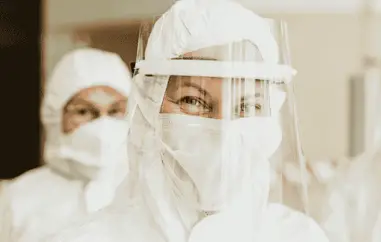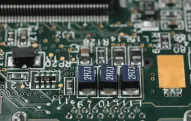How does solar radiation affect our skin?
 As summer approaches, many desire a bronzed skin tone and, to achieve this, expose their bodies directly to the sun without using protective barriers like sunscreen. But what are we really up against? How does it affect us immediately? And in the long term?
As summer approaches, many desire a bronzed skin tone and, to achieve this, expose their bodies directly to the sun without using protective barriers like sunscreen. But what are we really up against? How does it affect us immediately? And in the long term?
Firstly, it's important to understand that solar radiation is non-ionizing, meaning it lacks the energy to alter atoms within our bodies, which might lead us to feel relaxed, correct?
Nonetheless, despite being non-ionizing, solar radiation reaching Earth consists of a spectrum including visible light, infrared radiation, and ultraviolet radiation. The latter (especially UV-B radiation) can be energetic enough to penetrate the skin's deeper layers and damage the structure of DNA molecules within skin cells, resulting in genetic mutations.
The cellular damage incurred is cumulative; more solar exposure without protection increases the likelihood of developing some form of skin cancer in the future. Moreover, there are risk factors that heighten the probability of skin cancer, including having fair skin. The American Cancer Society states that individuals with fair skin who burn easily, have freckles, green or blue eyes, and naturally blonde or red hair, including those with albinism, are more prone to develop cancer as they have less melanin (which acts as a protective barrier) than individuals with darker skin tones. However, they emphasize that absolutely no one is exempt.
It is well known that irresponsible sun exposure not only causes cancer but also sunburns, hyperpigmentation (darker patches on the skin), and premature skin aging (photoaging).
Photoaging occurs, among other factors, due to the breakdown of collagen and elastin protein fibers, crucial for providing elasticity and firmness to the skin. Additionally, exposure to radiation generates molecules called free radicals, which increase oxidative stress on tissues, hastening the aging process.
There is an increasing awareness among the population regarding the importance of using protective barriers to prevent sun damage. Many of these measures are taken to prevent premature aging rather than to avoid cancer. Sunscreen is not the only form of protection; fortunately, we also have protective clothing and accessories such as UV protective garments, quality sunglasses (with UV filters), hats, and caps...
Cantabria Labs, a Spanish health and beauty products company, in one of its recent reports titled "Good Sun Habits," noted that in 2020, the number of people (out of 3,932 surveyed) using sunscreen year-round increased to 43%, compared to 17.6% in 2019 and 12.3% in 2018.
Protection against solar radiation is not only recommended in summer; its use is necessary throughout the year. Even when it rains or is cloudy, sunscreen should be used. Skin care is essential for overall health as it is the armor protecting our body from external threats












































